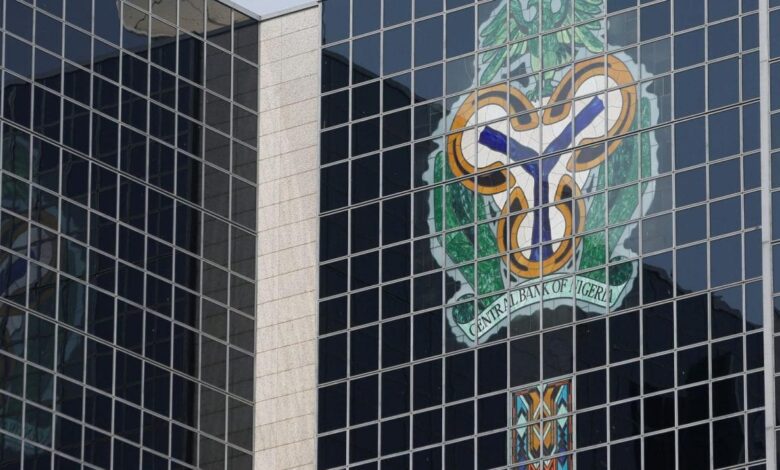By Ayomide Otitoju
Nigeria’s Broad Money Supply (M2) surged by 51% year-on-year (YoY) to N108.96 trillion in November 2024, driven primarily by increased domestic borrowing by the Federal Government from the private sector. This is according to the latest Money and Credit Statistics released by the Central Bank of Nigeria (CBN) on Monday.
The figure marks a significant leap from the N72.03 trillion recorded in November 2023. Broad Money Supply (M2) encompasses cash, demand deposits, savings deposits, money market deposits, and time deposits, reflecting the overall liquidity in the economy.
M2 Trends and Components
The report highlights that M2 recorded consistent growth for six months until October 2024, when it dipped by 1.5% month-on-month to N107.7 trillion from N109.4 trillion in September. However, it rebounded by 1.2% in November to reach N108.96 trillion.
Positive changes in its components underpinned the annual increase in M2:
Quasi Money, which includes savings deposits, time deposits, and near-money assets, grew marginally by 1.96% YoY to N72.7 trillion from N71.3 trillion in November 2023.
Demand Deposits soared by 34.4% YoY to N31.6 trillion from N23.2 trillion.
Currency Outside Banks experienced a steep 50.9% YoY rise to N4.65 trillion from N3.08 trillion.
Narrow Money (M1), comprising cash and demand deposits, jumped by 38% YoY to N36.3 trillion from N26.3 trillion.
Credit Expansion
The CBN report also revealed a substantial 91% YoY increase in net domestic credit, which rose to N115.6 trillion in November 2024 from N60.5 trillion in the same period of 2023.
Credit to the Government surged by 54% YoY to N39.6 trillion, up from N25.7 trillion.
Credit to the Private Sector rose by 27% YoY to N75.96 trillion from N59.7 trillion.
The sharp increase in credit underscores the Federal Government’s reliance on domestic borrowings to finance its activities, further driving liquidity in the financial system.
Implications
The rising money supply reflects a complex interplay of fiscal and monetary policies aimed at stimulating economic activity. However, it also raises questions about inflationary pressures, given the rapid increase in liquidity and domestic credit. Economic analysts will closely monitor how these trends impact inflation rates and overall economic stability in the coming months.










